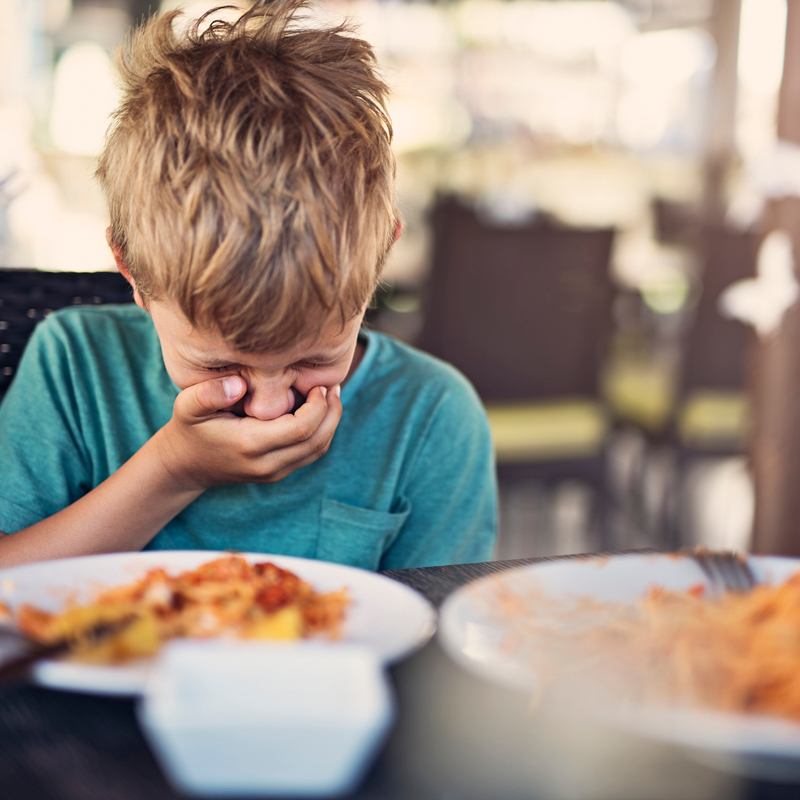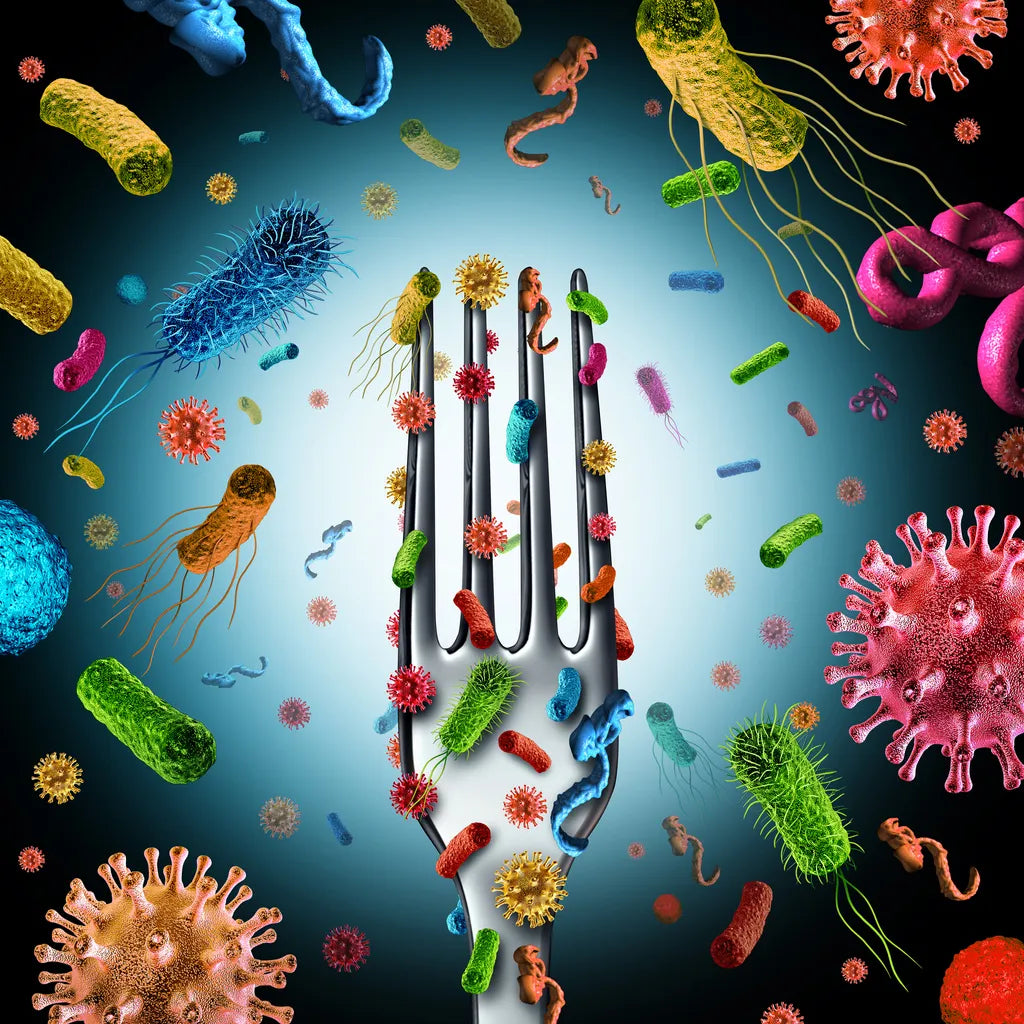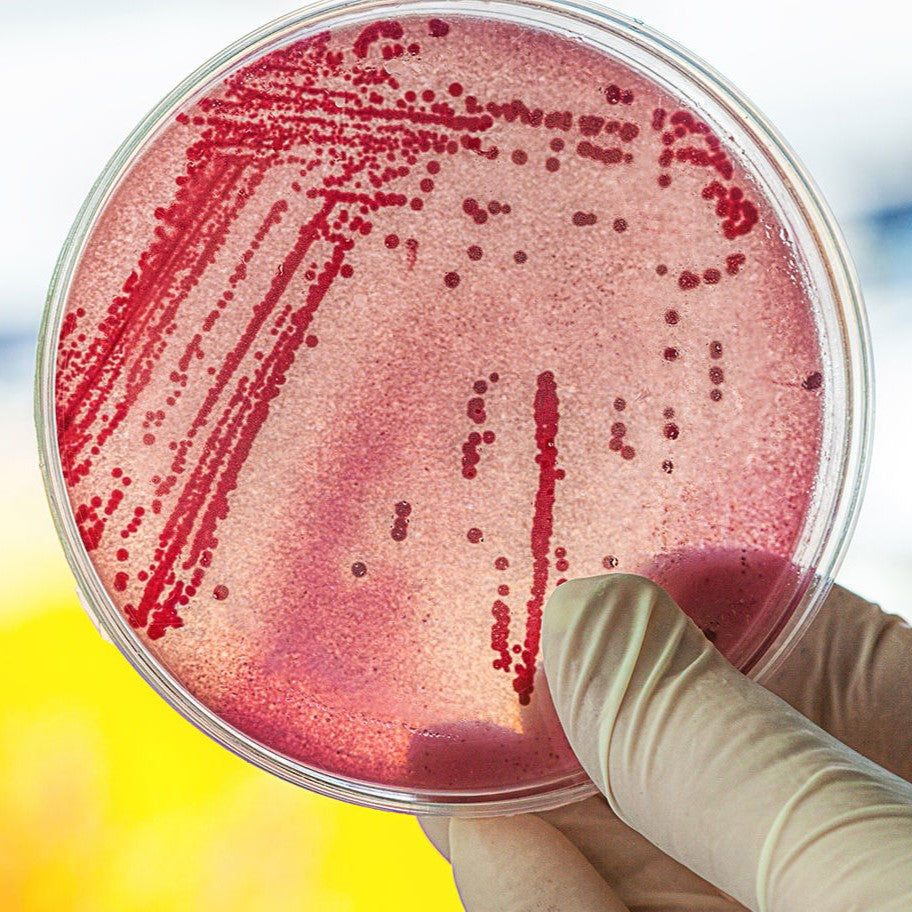Escherichia coli (E. coli) infections pose a significant health risk, particularly to vulnerable populations such as children. E. coli is a type of bacteria commonly found in the intestines of humans and animals. While most strains are harmless, certain pathogenic strains, such as E. coli O157, can cause severe illness. According to the Centers for Disease Control and Prevention (CDC), E. coli infections can lead to symptoms ranging from mild stomach cramps and diarrhea to severe complications like hemolytic uremic syndrome (HUS), which can result in kidney failure. The World Health Organization (WHO) also emphasizes the global impact of foodborne diseases caused by E. coli, highlighting the need for effective prevention strategies to safeguard children's health.
Understanding Escherichia coli
Definition and Strains
E. coli is a diverse group of bacteria, most of which are harmless and live in the intestines of humans and animals. However, pathogenic strains, such as E. coli O157, are responsible for foodborne illness outbreaks.
These pathogenic strains can produce toxins that cause severe gastrointestinal symptoms and potentially life-threatening complications. Research studies and expert sources, including the CDC, explain that E. coli O157 can cause severe abdominal cramps, diarrhea (often bloody), and vomiting. In some cases, it can lead to HUS, characterized by kidney failure and anemia.
Sources of E. coli Contamination
Food Contamination
E. coli can contaminate food through various pathways:
Environmental Contamination
Effective Prevention Strategies for E. coli Infections
Safe Food Handling
Cleaning and Sanitizing
Food Washing Techniques
The Role of Milerd Detoxer in Preventing E. coli Contamination
Milerd Detoxer Overview
The Milerd Detoxer is an advanced food detoxification tool that utilizes ultrasonic and oxidative cleaning technologies. This device effectively removes harmful contaminants from food:
The Milerd Detoxer has been tested by Swiss and European laboratories, demonstrating high efficiency in removing E. coli (96.3%), heavy metals (99.9%), and pesticides (97.6%).
Comparative Analysis
When compared to traditional food washing methods, the Milerd Detoxer offers superior efficacy:
Consumer Benefits of Milerd Detoxer
Enhanced Food Safety
The fruit and vegetable washing machine enhances food safety by offering an additional layer of protection against harmful bacteria, particularly beneficial for families with young children. By effectively removing contaminants, it reduces the risk of E. coli infections and other foodborne illnesses.
Nutrient Preservation
The Milerd Detoxer maintains the nutritional value of food, preserving essential vitamins and minerals post-treatment. This feature ensures that food remains healthy and nutritious.
Convenience and Portability
With its user-friendly interface and portability, the Milerd Detoxer is convenient for home use and travel. Its rechargeable battery allows for up to 20 processing cycles on a single charge, making it a practical tool for families.
Protect Your Children from E. coli Infections!
As a parent, safeguarding your child’s health is your top priority. Ensure their safety by implementing essential food handling practices and considering advanced solutions like the Milerd Detoxer. This innovative tool not only effectively eliminates harmful bacteria, including E. coli, but also preserves the nutritional value of the food they consume. Make the smart choice for your family’s health: invest in the Milerd Detoxer today and take proactive steps to prevent foodborne illnesses. Your child deserves the best — ensure their meals are not just clean but truly safe!



Dejar un comentario
Este sitio está protegido por hCaptcha y se aplican la Política de privacidad de hCaptcha y los Términos del servicio.